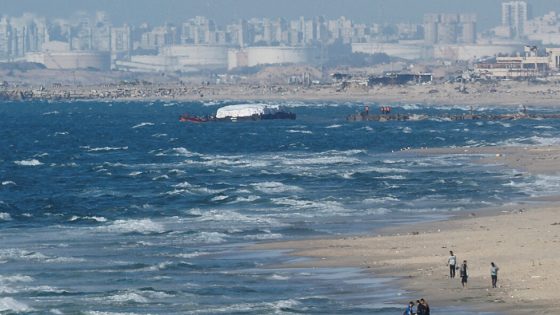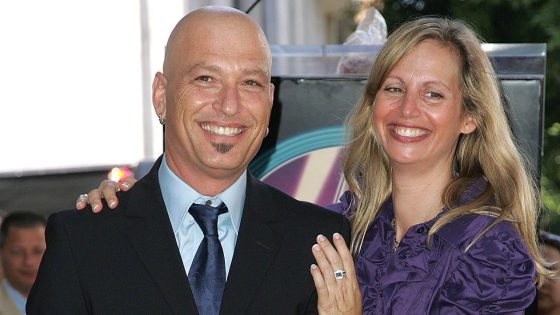Linda Roth, a spokeswoman for World Central Kitchen, said that the Open Arms had docked at a newly built jetty on the Gaza coast and that workers were beginning to move the food onto land. It remained unclear how the food would be distributed to Palestinian civilians.
The food on the ships is desperately needed in Gaza, where officials say around two dozen children have already died from malnutrition, and hundreds of thousands of others are “one step away from famine,” according to the United Nations. But delivering aid by sea is nowhere near as efficient as delivering it by land, and humanitarian groups have called on Israel for months to open more land crossings, ease restrictions on convoys and address their operational concerns.
“For aid delivery at scale there is no meaningful substitute to the many land routes and entry points from Israel into Gaza,” two U.N. aid officials, Sigrid Kaag and Jorge Moreira da Silva, said in a statement this week. Still, they welcomed the opening of a maritime corridor, given how much more humanitarian assistance is needed in Gaza.
Israel, which tightened an already restrictive blockade on Gaza after the Hamas-led Oct. 7 attack, has said throughout the war that it is committed to allowing as much aid into Gaza as possible. It has blamed delays on U.N. staffing and logistics.
This week, under growing international pressure to allow more aid in, Israel’s defense minister, Yoav Gallant, visited northern Gaza and viewed preparations for the new maritime humanitarian route. Mr. Gallant — who ordered in October that Gaza should receive “no electricity, no food, no water, no fuel” — called aid a “central issue” in a statement the defense ministry issued about his trip.
But safely distributing food where it is needed — amid insecurity, lawlessness and roads damaged by Israeli strikes — could face many of the same hurdles as U.N. aid groups that were forced to suspend deliveries in northern Gaza last month.
José Andrés, the renowned Spanish American chef who founded the World Central Kitchen, acknowledged the challenges in an interview with The New York Times last week, but added: “It’s worth trying the impossible to feed the people of Gaza.”
The group said a second ship with 300 tons of aid was being loaded in Cyprus on Thursday, but it was not clear when it would set sail.
Gaya Gupta, Monika Pronczuk, Michael Levenson and Christina Morales contributed reporting.
Source Agencies


